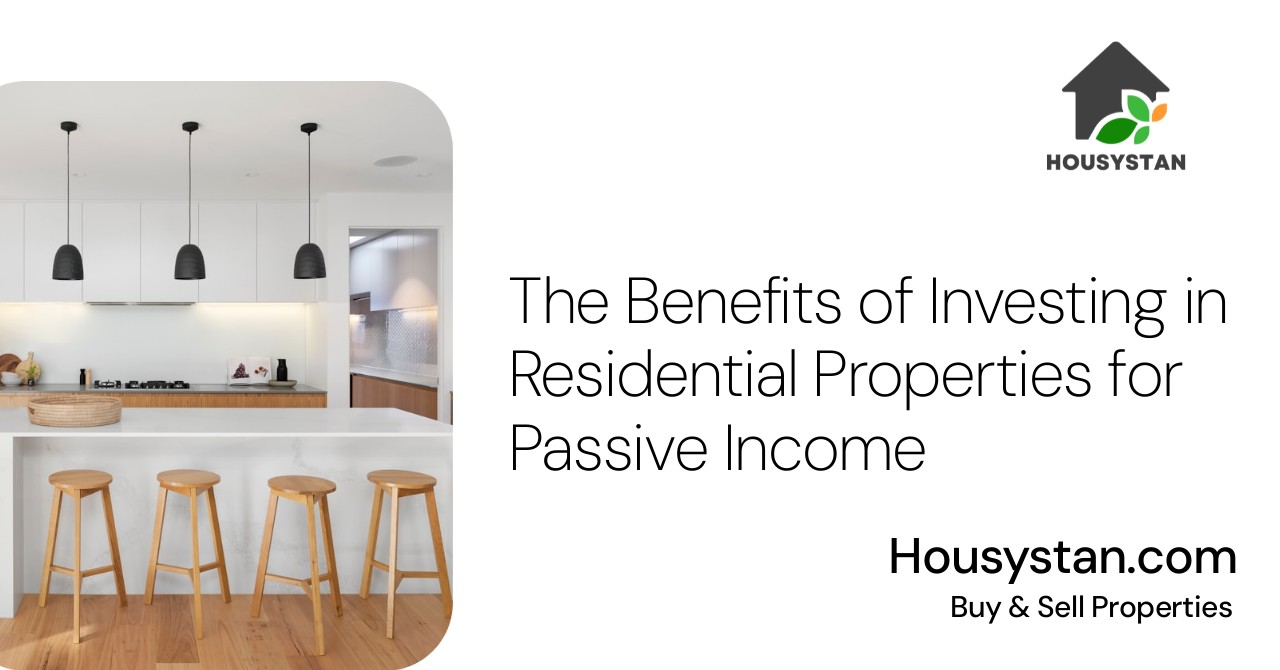The Benefits of Investing in Residential Properties for Passive Income
Read latest blogs and articles from Housystan

The Information mentioned here was last updated on:
29/1/2026Investing in residential properties presents a reliable pathway for individuals seeking passive income, especially in thriving real estate markets. Whether you are a seasoned investor or exploring opportunities for the first time, residential assets offer unmatched advantages for building wealth and achieving financial independence. By focusing on local neighborhoods with strong demand, investors can secure stable rental returns while benefiting from long-term appreciation.
One of the primary benefits of residential property investment is consistent cash flow. Rental homes, apartments, and condominiums attract tenants searching for comfortable living conditions, ensuring a continuous stream of monthly income. In growing cities, such as Austin, Charlotte, or Denver, the increasing population and job growth fuel high occupancy rates, reducing vacancy risks and maximizing earning potential for property owners.
Another compelling reason to invest in residential real estate is the potential for property value appreciation. As communities expand and infrastructure improves, home values typically rise. Strategic investors who purchase properties in up-and-coming areas can capitalize on this appreciation, yielding impressive returns upon resale. Additionally, residential investments often provide attractive tax benefits, including deductions for mortgage interest, property taxes, insurance, and maintenance expenses, further enhancing profitability.
- Verified Tenants/Buyers
- Unlimited Property Listing
- Zero subscription/charges fee
Residential real estate also offers flexibility and control unmatched by other passive income sources. Owners can choose to manage their properties directly or engage professional management companies, tailoring their level of involvement. This hands-on approach enables investors to maintain property standards, select reliable tenants, and implement rent increases in line with market conditions, optimizing overall returns.
Furthermore, owning residential properties diversifies investment portfolios, reducing exposure to volatile asset classes such as stocks and bonds. Real estate historically outperforms during economic fluctuations, providing a hedge against inflation and safeguarding your wealth. In high-demand regions, the resilience of the housing market ensures ongoing demand, making residential investments a prudent choice for those seeking passive income streams.
By focusing on strategically located residential properties in flourishing urban or suburban settings, investors can harness the benefits of steady cash flow, appreciation, tax advantages, and portfolio diversification. With careful research and a commitment to property management, residential real estate stands out as one of the best options for generating passive income and securing long-term financial growth.